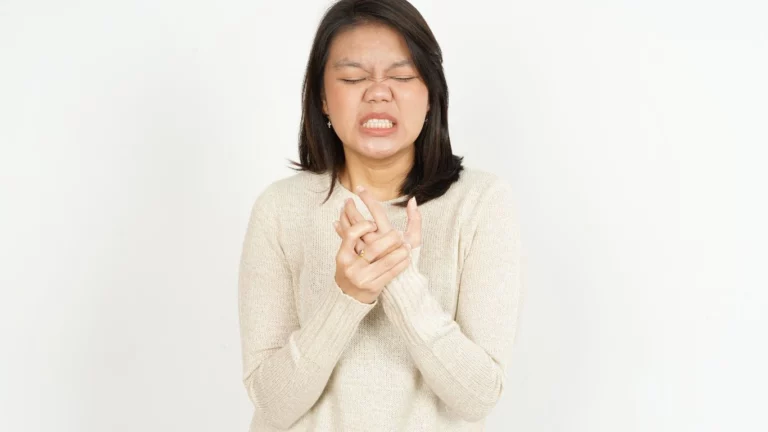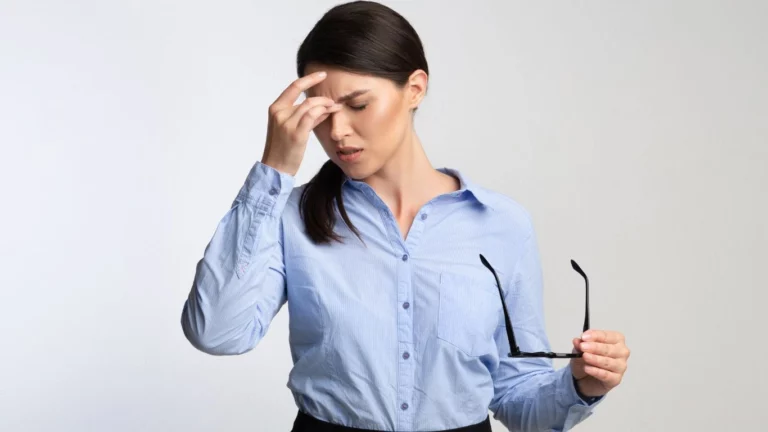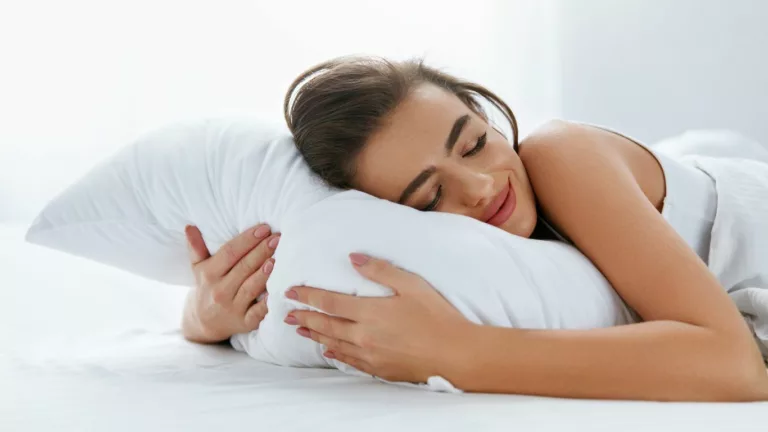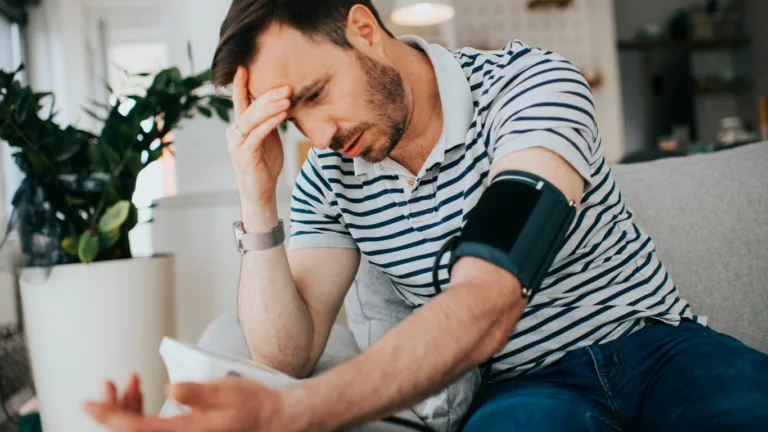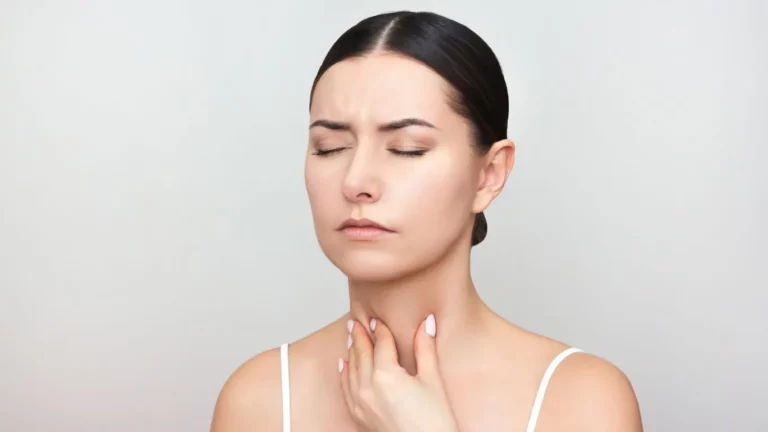The Link Between Sleep Apnea and Hypertension: What You Should Know 😴💔
The Link Between Sleep Apnea and Hypertension: What You Should Know 😴💔
So, let’s talk about something a lot of people don’t realize could be messing with their health—sleep apnea. You’ve probably heard of it, or maybe you know someone who’s been diagnosed. But did you know it can be tied to hypertension (a.k.a. high blood pressure)? Yeah, it’s a bit of a nasty combo. Let’s break it down.
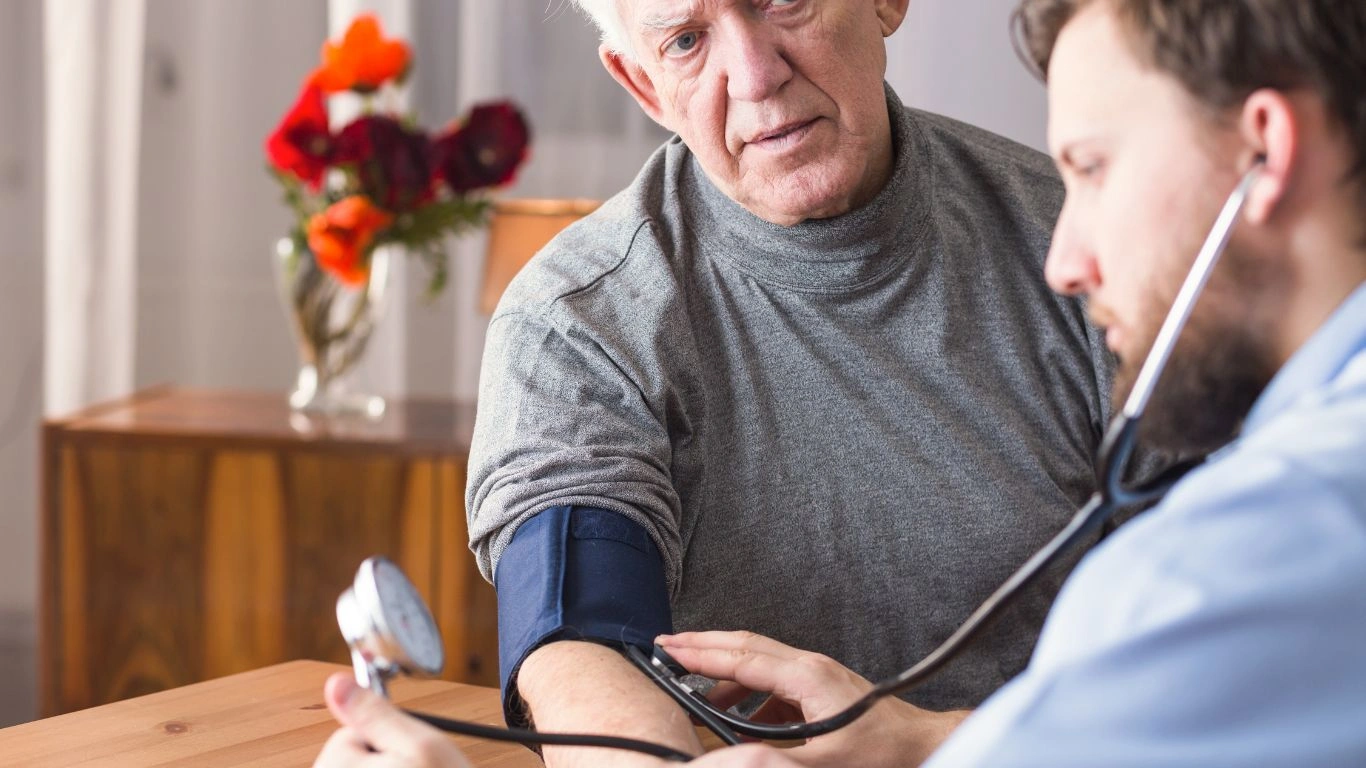
What Exactly is Sleep Apnea? 😴
Here’s the thing—sleep apnea is when your breathing stops and starts while you’re sleeping. It sounds kind of freaky, right? There are two main types: one is called obstructive sleep apnea (OSA), where your airway gets blocked during sleep because your throat muscles relax too much. The other type is central sleep apnea, which happens when your brain doesn’t send the right signals to tell you to breathe. Either way, both of them mess with your sleep.
When your breathing stops, your body doesn’t get enough oxygen, and that can have some serious effects. Not just on your energy levels the next day, but also on things like your heart and blood pressure.
What’s the Deal With Hypertension? 💔
Hypertension is basically when your blood is pushing too hard against the walls of your arteries. It can be a silent killer because you might not notice it until something serious happens—like a heart attack or stroke. You may feel fine, but it’s always good to keep an eye on your blood pressure because it doesn’t always show symptoms until it’s too late.
Now, let’s connect the dots: sleep apnea can actually make your blood pressure worse. Here’s how.
Why Does Sleep Apnea Cause High Blood Pressure? 🧠⚡
So, let’s dive into how sleep apnea affects your blood pressure. It’s not just because it messes with your sleep (though that’s a big part of it). There’s more to it than that.
1. Oxygen Levels Drop, Your Body Freaks Out 🌬️
When your airways get blocked and you stop breathing in your sleep, your oxygen levels take a dive. And your body? It doesn’t like that at all. So, it triggers a “fight or flight” response to get you breathing again. This causes your heart rate and blood pressure to spike. It’s like your body’s version of freaking out over a scary situation. But here’s the kicker—it happens all night long if you have sleep apnea, and that’s a recipe for long-term high blood pressure.
2. Your Sleep Is Messed Up 💤
Here’s the thing: sleep is crucial for keeping your blood pressure in check. When you’re not getting quality sleep because you’re waking up every few minutes to gasp for air, your body can’t regulate things like blood pressure the way it should. So, your blood pressure stays elevated throughout the night and even into the next day. It’s like your body’s stuck in a constant state of stress.
3. Inflammation and Blood Vessels Get Damaged 🔥
When sleep apnea keeps happening over and over, it can lead to inflammation in your body, which isn’t good for your blood vessels. When your vessels get damaged, your blood has a harder time flowing smoothly. This, in turn, raises your blood pressure even more. So it’s a vicious cycle of poor sleep, high blood pressure, and damaged vessels.
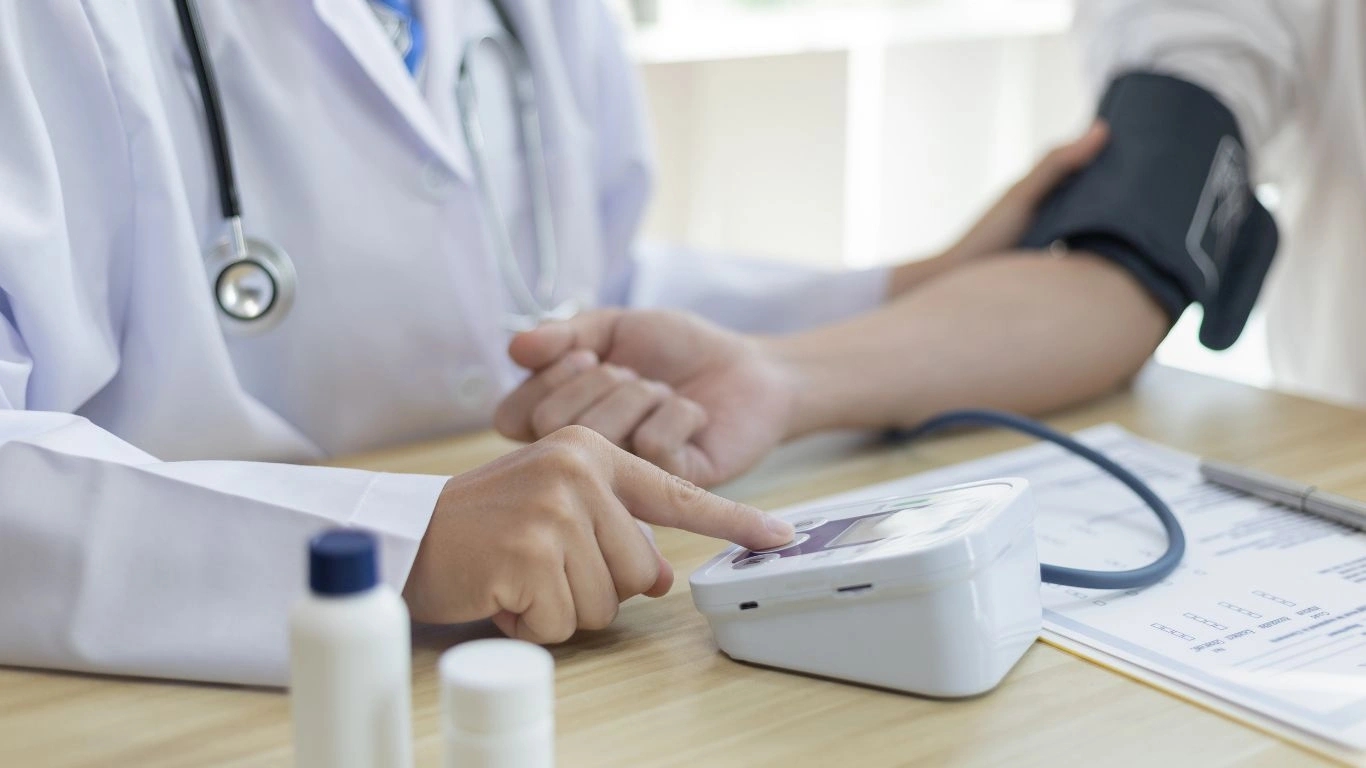
Troubleshooting Common Issues 💡
Okay, now that we know how sleep apnea and hypertension are connected, let’s talk about some of the common issues people face when they’re dealing with both of these things. I’m not gonna lie, it can feel overwhelming, but don’t worry—there are things you can do.
Issue 1: CPAP Machines Are Uncomfortable
If you’ve been prescribed a CPAP machine (the one that helps keep your airway open at night), but it’s just not feeling right, you’re not alone. Some people find the mask uncomfortable, or the pressure feels too strong. A quick fix could be adjusting the settings or trying a different mask style. There are also other types of machines (like BiPAP or APAP) that might work better for you.
Issue 2: Medications Don’t Seem to Be Enough
If you’re taking meds for your blood pressure and you’re still struggling, it might be time to talk to your doctor about the sleep apnea connection. Sometimes, treating sleep apnea can help lower your blood pressure, which means you might need less medication over time. But make sure you’re in regular contact with your healthcare provider about any changes.
Issue 3: Lifestyle Changes Are Hard, But They Help
I get it—changing your habits is tough. But losing weight, exercising more, and cutting back on things like alcohol or smoking can help with both sleep apnea and hypertension. Plus, these changes can make your CPAP therapy work even better. It’s all about finding balance, and sometimes that means making small tweaks to your daily routine.

Case Studies / Success Stories 🌟
John’s Journey to Better Health
So here’s a little story about John. He’s a 48-year-old guy who had been dealing with sleep apnea for years but didn’t know it. He also had high blood pressure that was all over the place. After starting CPAP therapy, he saw a huge difference—not just in how well he slept, but also in how his blood pressure started to stabilize. It took a few months, but with a bit of adjustment and regular check-ins with his doctor, his blood pressure improved. It was a game-changer for him.
Maria’s Story of Success
Then there’s Maria. She’s 60, and hypertension has been an issue for her for a while. But she also had trouble sleeping. After getting a sleep apnea diagnosis, she started making some lifestyle changes—eating better, working out more, and shedding a few pounds. And you know what? It worked. Her sleep improved, her blood pressure dropped, and now she feels like a whole new person. It wasn’t easy, but it made all the difference.
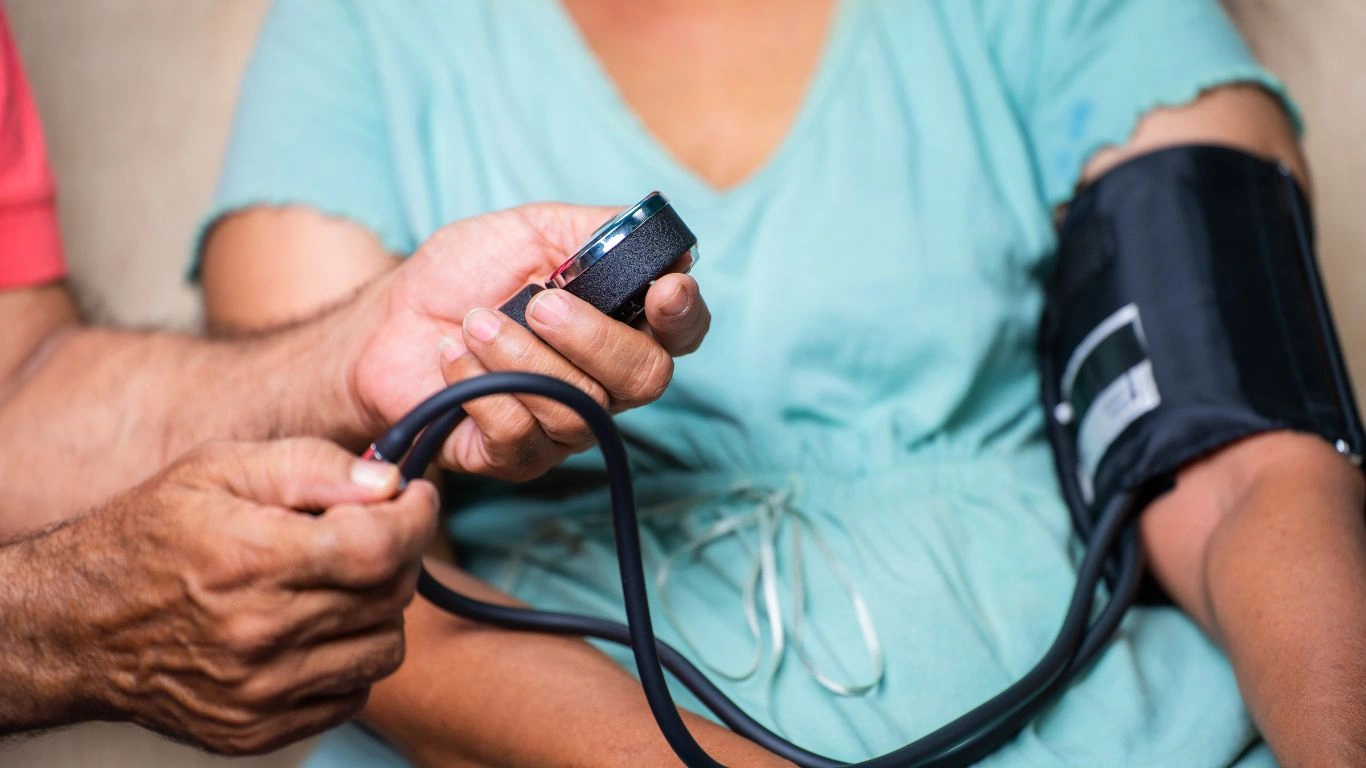
Key Takeaways 📝
- Sleep apnea and high blood pressure often go hand in hand, and it’s not something you should ignore.
- Treating sleep apnea (like with CPAP therapy) and making lifestyle changes like weight loss and exercise can help manage both conditions.
- If you have either condition, it’s super important to work with your doctor to figure out a plan that works for you.
FAQs 🤔
Can sleep apnea really cause high blood pressure?
Yep, it can. The repeated drops in oxygen, lack of sleep, and inflammation all contribute to higher blood pressure. It’s a pretty nasty combo.
Can I treat both conditions at the same time?
Definitely! A good mix of CPAP therapy and lifestyle changes like diet and exercise can help with both sleep apnea and hypertension. Plus, it might even reduce the need for as many medications.
Do I need to take medication for both?
Maybe, but not necessarily. If you make lifestyle changes, you could see improvements in both your sleep and blood pressure. That being said, always talk to your doctor before making any changes to your treatment.
References 📚
- National Sleep Foundation. (2022). Sleep Apnea and High Blood Pressure.
- American Heart Association. (2021). Understanding Hypertension.
- Mayo Clinic. (2023). Sleep Apnea: Symptoms and Causes.
Disclaimer ⚠️
This post is just for informational purposes and not meant to replace professional medical advice. Always consult your doctor for advice specific to your situation.
Call to Action 📲
If you’re dealing with sleep apnea and high blood pressure, don’t wait to get help. Talk to your doctor, get a proper diagnosis, and start working on a plan to manage both conditions. Trust me, your heart and your body will thank you.

